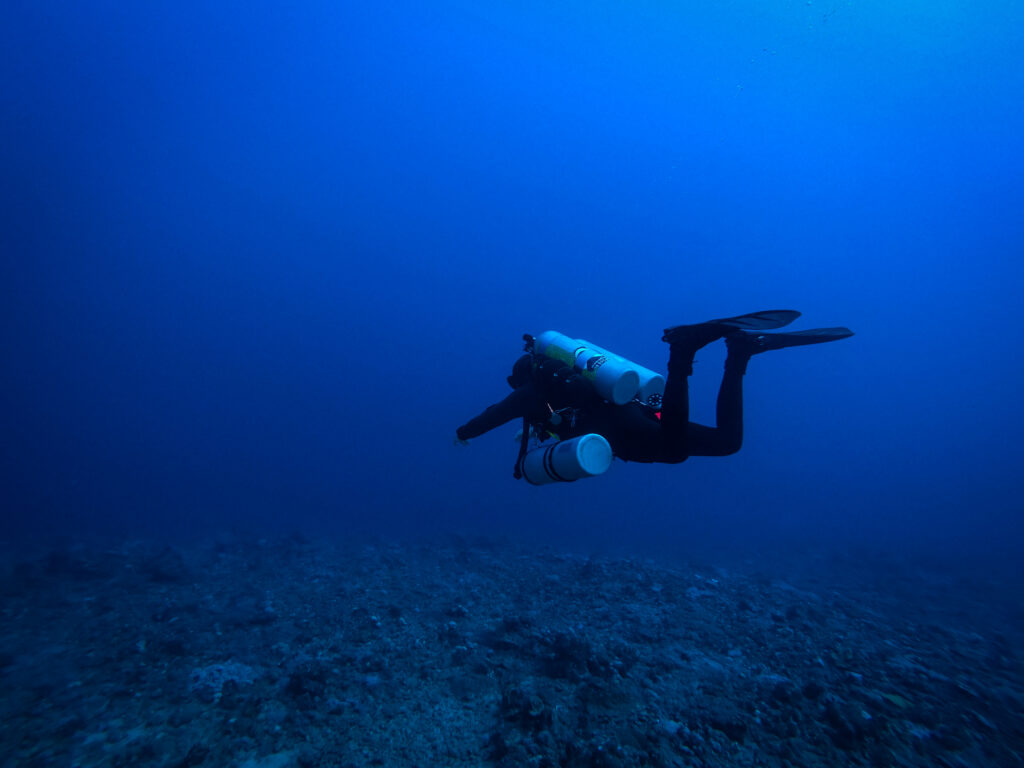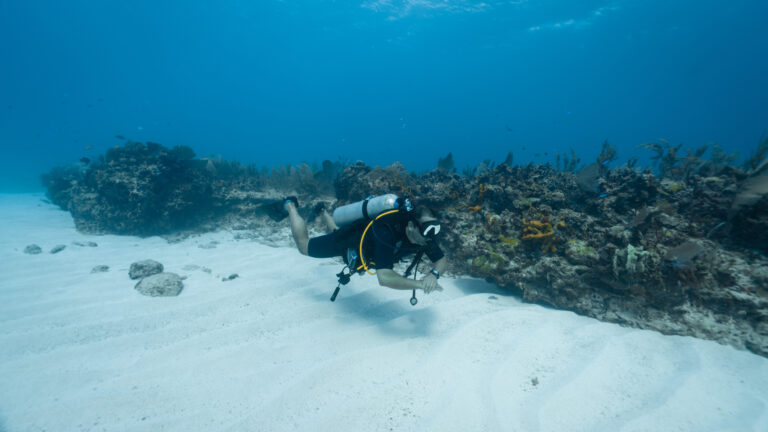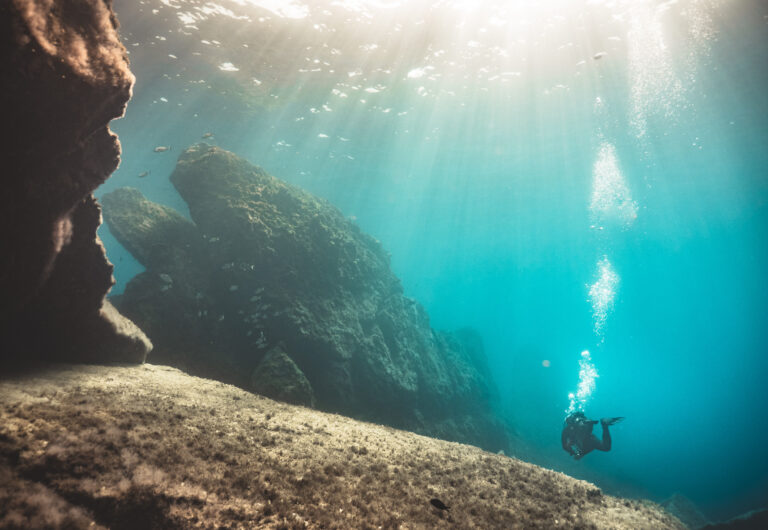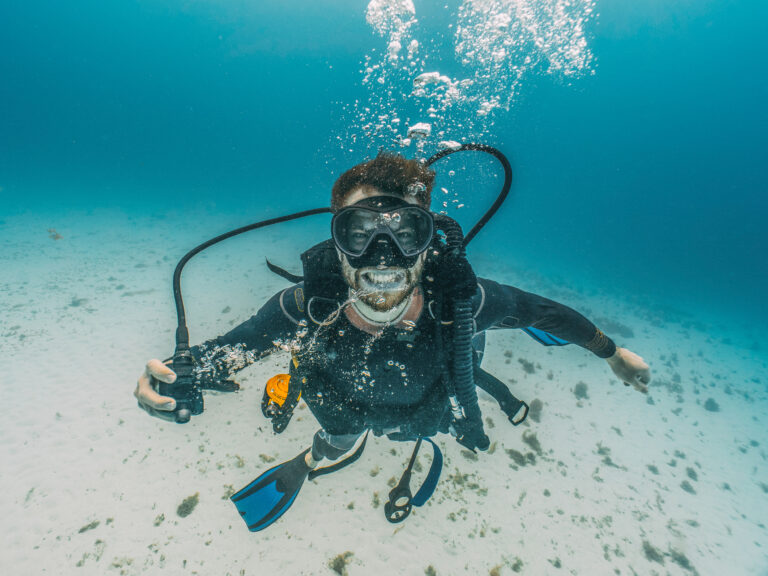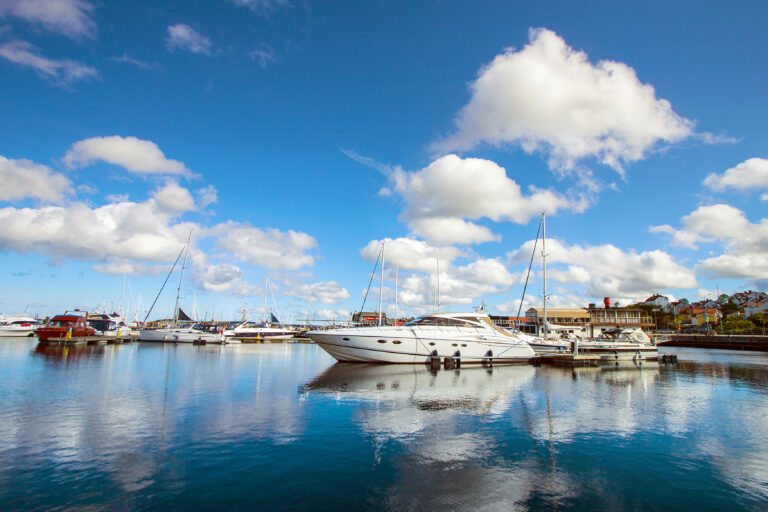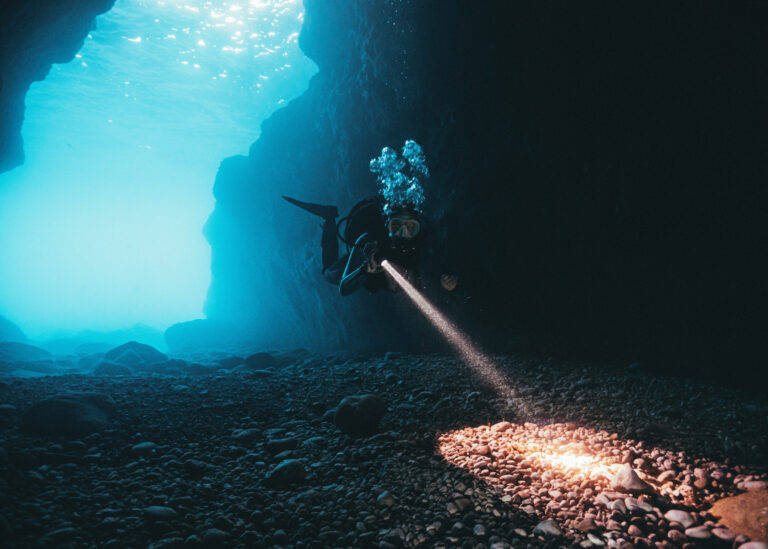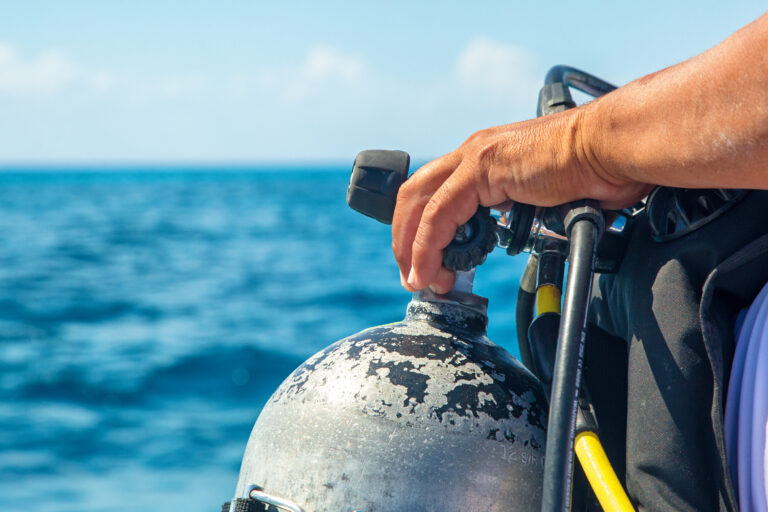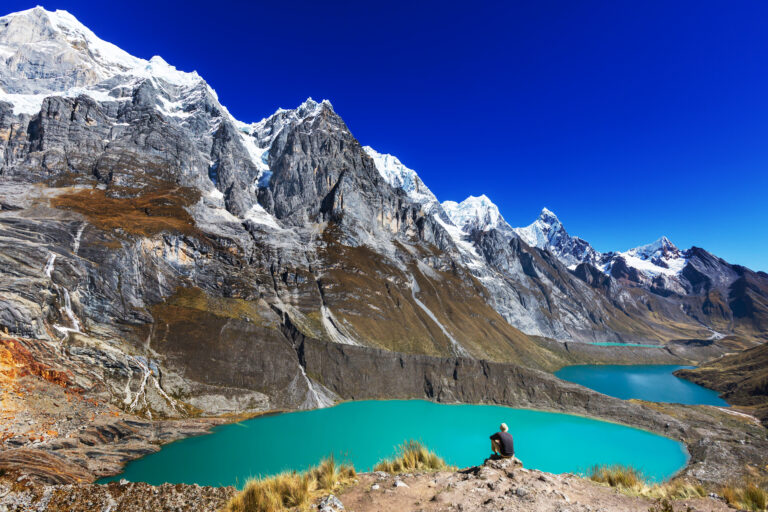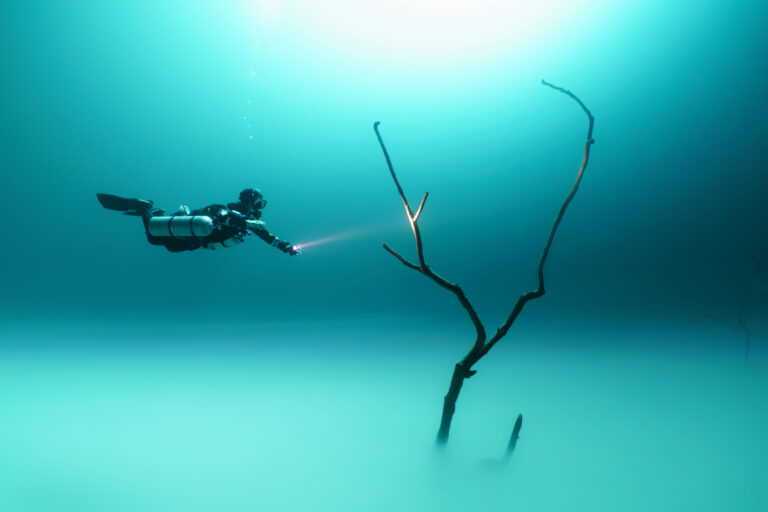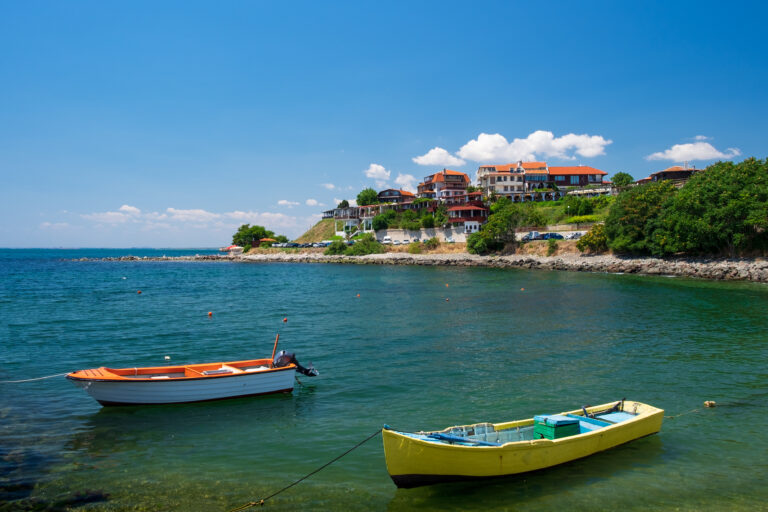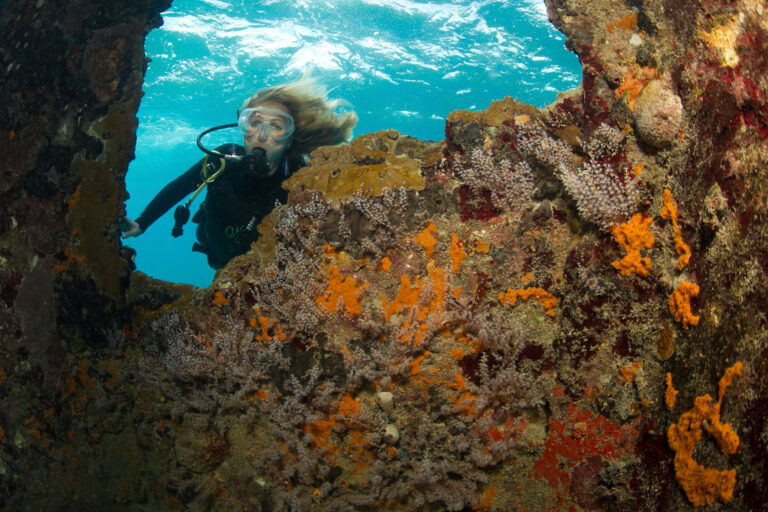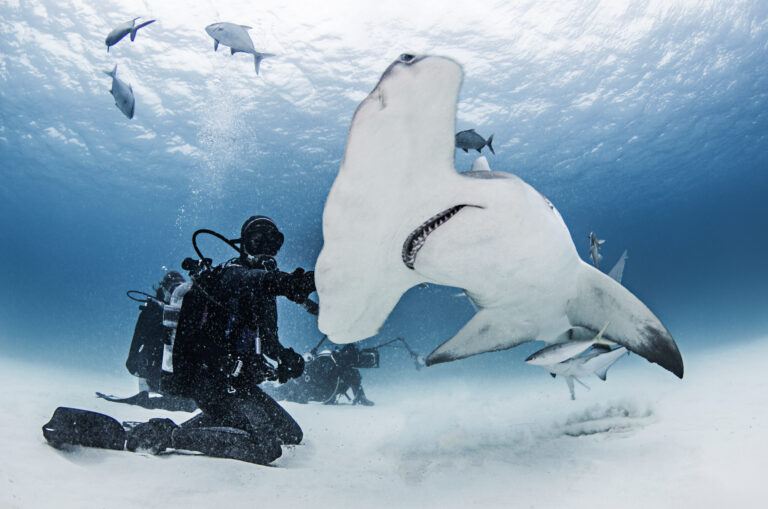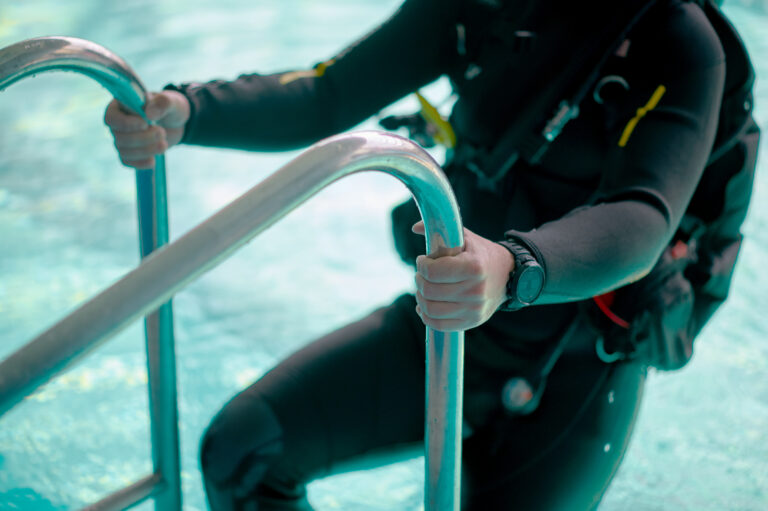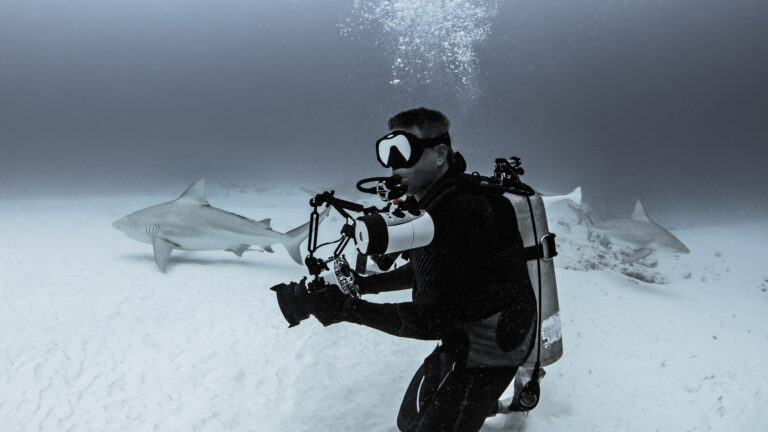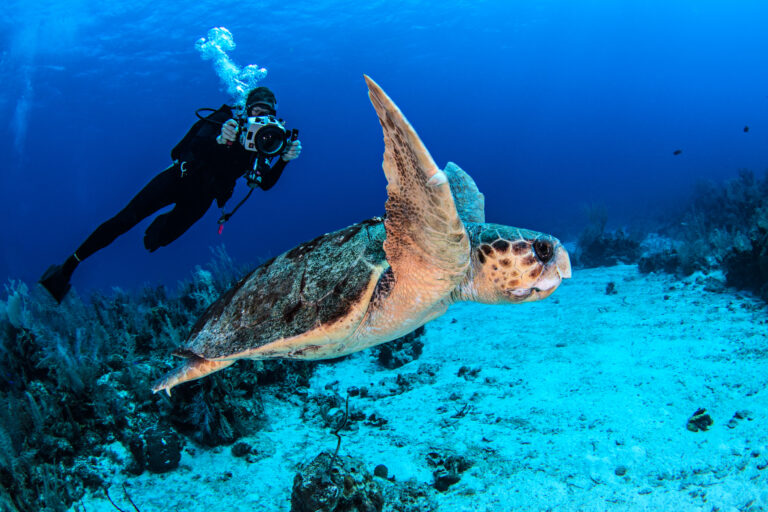Scuba Divers’ Travel Guide to Wallis and Futuna
Wallis and Futuna, a French territory in the South Pacific, offers scuba divers a unique and diverse underwater world. The clear, warm waters are home to vibrant coral reefs, diverse fish species, and unique marine life. The islands’ remote location ensures that the dive sites remain pristine and relatively undiscovered. The islands’ rich history and natural beauty add to the appeal for scuba travelers. For those seeking a serene and unspoiled diving destination, Wallis and Futuna promise a captivating and memorable underwater adventure.
Location and Geography
Nestled in the heart of the South Pacific, Wallis and Futuna is an idyllic French overseas collectivity composed of three main volcanic tropical islands and numerous islets. Wallis, the larger island, is encircled by a protective lagoon and barrier reef, creating an underwater paradise for divers. To the south, the island of Futuna, along with its tiny neighbor Alofi, boasts dramatic cliffs that plunge into the deep blue, hinting at the underwater topography that awaits. The islands are situated northeast of Fiji and west of Samoa, lying on the fault line between the Australian and Pacific tectonic plates, which has endowed the region with a rich and varied marine landscape. This remote and relatively untouched location offers divers the chance to explore pristine coral reefs, steep drop-offs, and an abundance of marine life, far from the crowded dive sites found in more well-trodden destinations. Wallis and Futuna’s unique geography provides a tranquil and exclusive underwater experience for those willing to venture off the beaten path.
Visa and Entry Requirements
Before embarking on your underwater adventure to Wallis and Futuna, it is essential to understand the visa and entry requirements for this French overseas collectivity. As of the current guidelines, European Union citizens can enter Wallis and Futuna without a visa for short stays. Non-EU travelers, including those from the United States, Canada, Australia, and New Zealand, are generally allowed visa-free entry for stays of up to 90 days, provided they have a passport valid for at least three months beyond their period of stay, a return ticket, and proof of sufficient funds. However, visa policies can change, so it’s crucial to check the latest information from the French embassy or consulate in your country before planning your trip. Additionally, since Wallis and Futuna are remote islands with limited transportation options, ensure that your travel arrangements align with the local flight and boat schedules to avoid any entry or exit issues.
Getting to Wallis and Futuna
Getting to the remote and enchanting islands of Wallis and Futuna, a French overseas territory nestled in the South Pacific, is an adventure in itself, offering a true escape for avid scuba divers seeking pristine waters and untouched coral reefs. Travelers typically fly into Wallis Island’s Hihifo Airport (WLS), which is accessible via Noumea, New Caledonia, or Nadi, Fiji, with the regional airline Aircalin operating these routes. Although direct international flights are limited and may require some planning, the journey is well worth it for the chance to explore the islands’ underwater wonders. Once you arrive in Wallis, a short domestic flight or a ferry ride is necessary to reach Futuna Island. It’s essential to book these connecting flights or sea transfers well in advance, as services are infrequent and can fill up quickly. With your arrival to these secluded islands, you’ll be rewarded with a scuba diving experience that is as exclusive as it is exhilarating, surrounded by the vast expanse of the Pacific Ocean.
Best Time to Dive in Wallis and Futuna
Getting to the remote and enchanting islands of Wallis and Futuna, a French overseas territory nestled in the South Pacific, is an adventure in itself, offering a true escape for avid scuba divers seeking pristine waters and untouched coral reefs. Travelers typically fly into Wallis Island’s Hihifo Airport (WLS), which is accessible via Noumea, New Caledonia, or Nadi, Fiji, with the regional airline Aircalin operating these routes. Although direct international flights are limited and may require some planning, the journey is well worth it for the chance to explore the islands’ underwater wonders. Once you arrive in Wallis, a short domestic flight or a ferry ride is necessary to reach Futuna Island. It’s essential to book these connecting flights or sea transfers well in advance, as services are infrequent and can fill up quickly. With your arrival to these secluded islands, you’ll be rewarded with a scuba diving experience that is as exclusive as it is exhilarating, surrounded by the vast expanse of the Pacific Ocean.
Accommodation Options
Accommodation options on the remote islands of Wallis and Futuna cater to a range of preferences, offering a genuine taste of Polynesian hospitality amidst the allure of untouched dive sites. While the islands do not boast large-scale resorts, visitors can find comfort in modest guesthouses and traditional “fale” lodgings that provide a more authentic and intimate experience. In Wallis, the capital Mata-Utu hosts a few small hotels and inns where divers can relax after exploring the vibrant underwater walls and reefs. On Futuna, options are more limited, but the homestays and local pensions offer warm, family-run hospitality, often including home-cooked meals featuring local delicacies. For those seeking a truly immersive experience, some local families may also offer accommodation, providing a unique opportunity to engage with the island’s culture and traditions. It’s advisable to arrange your stay well in advance, as the limited number of accommodations can fill up quickly, especially during the peak diving season.
Dive Operators and Dive Shops
In the remote and pristine waters of Wallis and Futuna, dive operators and shops are few but offer personalized and intimate diving experiences that cater to both novice and seasoned divers. The islands’ dive scene is characterized by a close-knit community of passionate professionals who are well-versed in the local marine environment. Due to the limited number of tourists, divers often find themselves with exclusive access to the underwater wonders, including vibrant coral reefs and a plethora of Pacific marine life. The dive shops here provide essential services such as equipment rental, dive courses, and guided excursions to the best spots, like the coral gardens of Alofi or the mysterious caves of Wallis. It’s advisable to arrange your diving adventures in advance, as the operators may require time to prepare for your arrival, ensuring a bespoke and unforgettable underwater journey in the heart of the South Pacific.
Transportation within Wallis and Futuna
Transportation within the remote and serene islands of Wallis and Futuna, a French overseas territory in the South Pacific, is relatively limited due to their small size and the modest infrastructure. To travel between the islands of Wallis and Futuna, visitors typically rely on the occasional domestic flights operated by the local airline, Aircalin, which connect Hihifo Airport on Wallis with Pointe Vele Airport on Futuna. On the islands themselves, the most common means of transportation is by road. Car rentals and taxis are available, though it’s advisable to arrange these services in advance, especially if planning to visit more remote dive sites. There are no formal public bus services, but locals often use informal shared transport options, such as trucks and vans, which can be a unique way to experience the island culture. For scuba divers looking to explore the pristine reefs and underwater landscapes, arranging transport with dive operators is often the most convenient option, as they provide transfers to and from dive sites as part of their packages.
Currency and Payment Methods
When traveling to the remote islands of Wallis and Futuna for scuba diving adventures, it’s important to be prepared with the appropriate currency and payment methods. The official currency is the CFP franc (XPF), which is shared with other French territories in the Pacific. While major hotels and dive operators may accept credit cards, particularly Visa and Mastercard, it’s advisable to carry sufficient cash for transactions in smaller establishments, local markets, and with independent dive guides, as they may not have card processing facilities. ATMs are limited and can be found only in a few locations, such as the capital Mata-Utu on Wallis and in the main town of Leava on Futuna. Therefore, it’s prudent to withdraw or exchange enough money upon arrival, either at the airport or at a bank in the capital. Traveler’s checks are not commonly used and may be difficult to cash. Always ensure you have a small amount of local currency on hand for incidental expenses and tips, to fully enjoy the underwater splendors of Wallis and Futuna without any payment hitches.
Language and Communication
When traveling to the remote and tranquil islands of Wallis and Futuna for scuba diving, it’s important to note that the local languages are Wallisian (Uvean), spoken on Wallis, and Futunan, spoken on Futuna. French is also an official language and is commonly used in administrative matters, as the islands are a French overseas collectivity. While you may encounter English-speaking individuals, particularly within the diving community, it is not widely spoken, so it’s advisable to learn some basic French phrases to facilitate smoother communication with local dive operators, boat crews, and residents. Carrying a phrasebook or having a translation app can be immensely helpful. Additionally, non-verbal communication, such as hand signals, is universally understood in the diving world and will be your primary means of underwater communication with your dive buddies and guides. Always remember to review and agree on these signals before your dive for safety and clarity.
Local Culture and Attractions
Nestled in the heart of the South Pacific, Wallis and Futuna is a French overseas collectivity that offers a unique blend of Polynesian culture and French influence, providing a serene backdrop to the islands’ spectacular underwater landscapes. Visitors to Wallis and Futuna can immerse themselves in the local culture by participating in traditional kava ceremonies, where the roots of the kava plant are ground and mixed with water to create a ceremonial drink. The islands celebrate their rich heritage through vibrant dance performances, showcasing the hypnotic movements and rhythms that tell the stories of their ancestors. On land, the untouched beauty of the islands is evident in the well-preserved archaeological sites, such as Talietumu, an ancient fortified Tongan settlement on Wallis Island. The twin volcanic islands are dotted with quaint villages, where the warm and welcoming locals maintain a laid-back lifestyle, often seen tending to their taro fields or fishing in the turquoise waters. The blend of sacred sites, traditional crafts, and the untouched natural environment makes Wallis and Futuna a captivating destination for those looking to enrich their scuba diving adventure with cultural depth and authentic attractions.
Cultural Etiquette and Tips
When visiting the remote and culturally rich islands of Wallis and Futuna for scuba diving, it is essential to approach the local customs with respect and sensitivity. As a French overseas collectivity, the islands blend traditional Polynesian customs with French influences. Always greet locals with a polite ‘Bonjour’ or ‘Malo lelei’ and a smile. Dress modestly when not on the dive boat, especially when visiting villages or attending local events, as a sign of respect for the conservative culture. It’s customary to ask permission before taking photographs of people or their property, and offering a small gift or ‘koloa’ when visiting someone’s home is a gesture of goodwill. Be mindful of the environmental ethos here; the locals take pride in their pristine natural surroundings, so ensure you adhere to ‘Leave No Trace’ principles while diving and exploring. Lastly, be patient and embrace ‘island time’ – schedules are flexible, and the pace of life is unhurried, which is part of the charm of Wallis and Futuna.
Local Laws and Regulations Relevant to Tourists
Before plunging into the pristine waters of Wallis and Futuna, scuba divers should acquaint themselves with local laws and regulations to ensure a safe and lawful experience. As a French overseas territory, Wallis and Futuna adhere to French maritime laws, but also have specific local regulations to protect their unique marine environment. It is mandatory for divers to dive with a certified local dive operator who is familiar with the area’s regulations. These operators will inform tourists about no-take zones, where the removal of marine life is strictly prohibited, and designated marine protected areas where diving may be restricted or require special permits. Additionally, divers should be aware that spearfishing is highly regulated, and the collection of shells and corals is generally forbidden to preserve biodiversity. It is also important to respect local customs and traditions, including seeking permission from local chiefs if diving near culturally significant areas. Failure to comply with these regulations can result in hefty fines or legal action, so it is crucial for tourists to stay informed and adhere to the guidelines provided by their chosen dive operator.
Safety Tips and Emergency Contacts
When planning a scuba diving trip to the remote islands of Wallis and Futuna, safety should be your paramount concern due to the limited medical facilities available. Always dive within your certification limits and ensure that your dive equipment is in excellent condition. It is crucial to dive with a buddy and maintain close communication throughout your underwater adventure. Familiarize yourself with the local dive sites’ conditions, such as currents and visibility, by consulting with experienced dive operators in the area. Before embarking on your dives, make sure you have a comprehensive dive plan, including surface support and a means of communication in case of emergencies. Be aware that the nearest decompression chamber is not on the islands, so prevention of decompression sickness by following safe ascent practices and adhering to no-decompression limits is essential. In case of an emergency, contact the local hospital in Sia (Wallis) at +681 72 22 22 or in Sigave (Futuna) at +681 72 61 10. For immediate assistance or rescue, the local gendarmerie can be reached at +681 72 10 50 in Wallis and +681 72 60 09 in Futuna. Always have travel insurance that covers medical evacuation, as the remoteness of Wallis and Futuna can make emergency transport both necessary and expensive.
Health and Travel Insurance
Before embarking on your underwater adventure to the pristine reefs of Wallis and Futuna, it is crucial to secure comprehensive health and travel insurance that covers scuba diving activities. Given the remote location of these idyllic islands in the South Pacific, access to medical facilities is limited, and a medical evacuation, should you need one, can be exorbitantly expensive. Ensure that your policy includes coverage for hyperbaric treatment in the unlikely event of decompression sickness, as the nearest recompression chamber may be a considerable distance away. Additionally, verify that your insurance provides for repatriation and covers any potential disruptions or cancellations to your travel plans. Taking these precautions will allow you to explore the underwater wonders of Wallis and Futuna with peace of mind, knowing that you are well-protected against unforeseen medical and travel emergencies.

